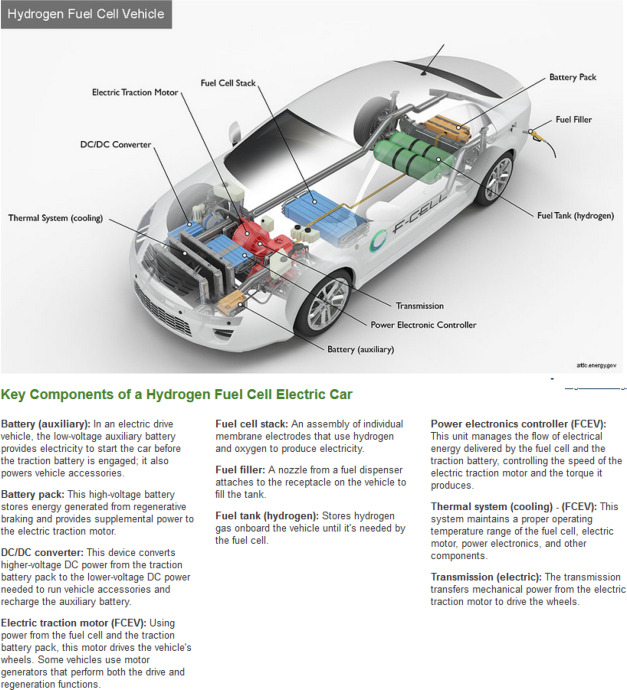Introduction
The automotive industry is on the cusp of a transformation that promises to revolutionize the way we manufacture and drive cars. The urgency to combat climate change, reduce greenhouse gas emissions, and minimize the environmental footprint has led to a significant shift towards sustainable car manufacturing. In this blog post, we’ll delve into the exciting developments and trends that are shaping the future of sustainable car manufacturing.
Electric Revolution
One of the most significant changes in the automotive industry’s pursuit of sustainability is the rapid adoption of electric vehicles (EVs). Traditional internal combustion engine (ICE) vehicles are notorious for their emissions, contributing significantly to air pollution and climate change. Electric vehicles, on the other hand, produce zero tailpipe emissions and have a much lower carbon footprint, particularly when charged with renewable energy sources.
Electric car manufacturers, such as Tesla, Nissan, and BMW, have been leading the way in the EV revolution. They’ve invested heavily in research and development, resulting in vehicles with longer ranges, faster charging times, and more affordable price points. Governments worldwide are also incentivizing the transition to electric vehicles through subsidies, tax credits, and infrastructure development, making EVs an increasingly attractive option for consumers.
Sustainable Materials
In the quest for sustainable car manufacturing, the materials used in vehicle production play a crucial role. Traditional manufacturing processes rely heavily on resource-intensive materials like steel and aluminum, which have a high environmental impact due to mining and energy-intensive production.
However, automakers are now turning to alternative materials that are both lighter and more environmentally friendly. One such material is carbon fiber reinforced plastics (CFRPs), which are significantly lighter than steel or aluminum while maintaining strength and durability. Furthermore, CFRPs can be recycled and repurposed, reducing waste in the manufacturing process.
Recycled and reclaimed materials are also gaining popularity in the automotive industry. Companies are using recycled plastics for interior components and seats, reclaimed wood for interior trim, and recycled rubber for tires and other components. These practices not only reduce waste but also conserve valuable resources and reduce the overall environmental impact of vehicle manufacturing.
Energy-Efficient Manufacturing
In addition to using sustainable materials, the future of car manufacturing involves adopting energy-efficient processes. Traditional automotive factories are known for their energy-intensive operations, which contribute to high greenhouse gas emissions. However, automakers are increasingly implementing renewable energy sources, energy-efficient technologies, and smart manufacturing processes to reduce their carbon footprint.
Solar panels, wind turbines, and advanced energy management systems are being installed at car manufacturing facilities to harness clean energy and reduce reliance on fossil fuels. Moreover, the adoption of automation and robotics in manufacturing not only increases efficiency but also helps minimize waste and errors, further contributing to sustainability.
Circular Economy Principles
The future of sustainable car manufacturing extends beyond the production line to the entire lifecycle of a vehicle. Automakers are now embracing circular economy principles, aiming to make cars more recyclable, repairable, and reusable. This approach involves designing vehicles with easier disassembly, using standardized parts, and providing repairability guides to consumers.
The concept of “cradle-to-cradle” design ensures that end-of-life vehicles can be efficiently dismantled, with their components and materials recycled or repurposed. This not only reduces the environmental impact of disposal but also conserves resources and lowers the overall cost of manufacturing.
Conclusion
The future of sustainable car manufacturing holds immense promise for our planet and future generations. Electric vehicles, sustainable materials, energy-efficient manufacturing, and circular economy principles are reshaping the automotive industry’s landscape. As consumers become more environmentally conscious, automakers are responding with innovative solutions that not only reduce the carbon footprint of their products but also contribute to a greener, more sustainable future.
In the coming years, we can expect to see even more advancements in sustainable car manufacturing, as technology continues to evolve and global efforts to combat climate change intensify. As consumers, we have the power to drive this transformation further by choosing eco-friendly vehicles and supporting companies that prioritize sustainability. The road to a sustainable automotive industry is paved with innovation, and together, we can accelerate the journey towards a cleaner and greener future.





